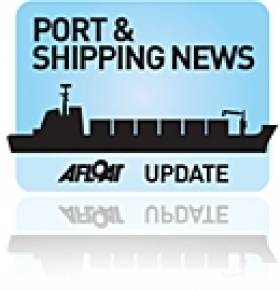Displaying items by tag: Belfast breakbulk figures
Record Tonnage for Belfast Harbour
#PORTS & SHIPPING – Figures released by Belfast Harbour for the year 2011 show that tonnage rose by 7% to a record 17.644m tonnes. The increase for last year was driven by strong performances in break-bulk and ro-ro (freight vehicles) and in the dry-bulk sector.
Break-bulk products jumped 23% to 332,000 tonnes. In particular, steel and steel coil traffic doubled in 2011 compared with 2010 reflecting improved activity in Northern Ireland's engineering manufacturing sector, while the number of freight vehicles using the port rose by 14%.
Dry-bulk, which includes items such as aggregates and agri-food related products, exceeded four million tonnes for the first time in the port's history.
There was a record year for stone exports, up 13% to one million tonnes, reflecting on-going road maintenance and construction projects in the UK and Europe.
Other notable performers in the sector included scrap metal (up 8%) and salt (up 82%), driven by last winter's 'Big Freeze' and according to the port, they expect similar conditions this year.





























































